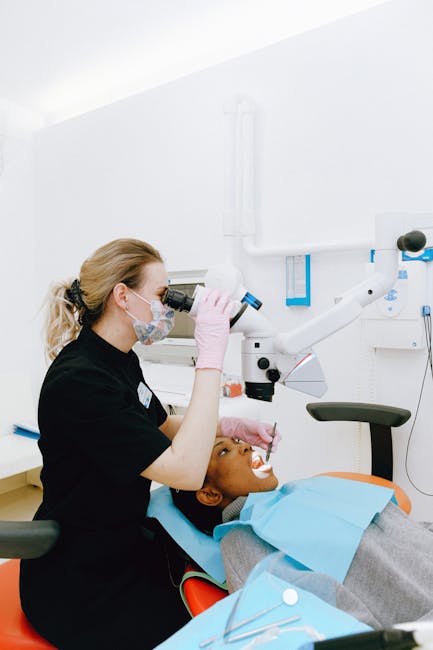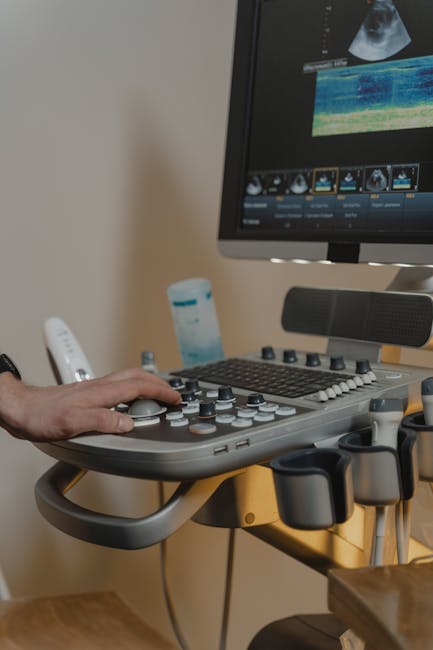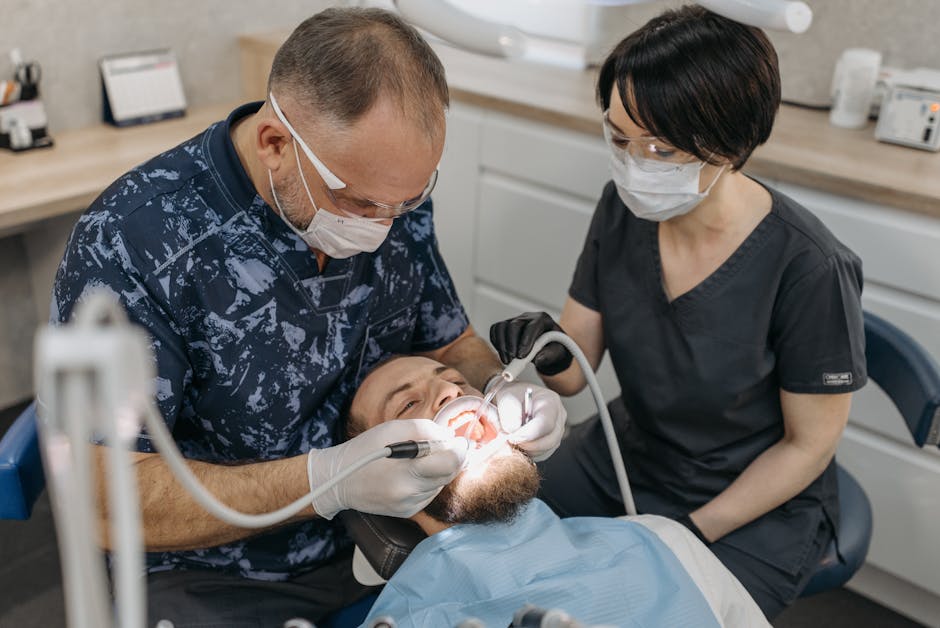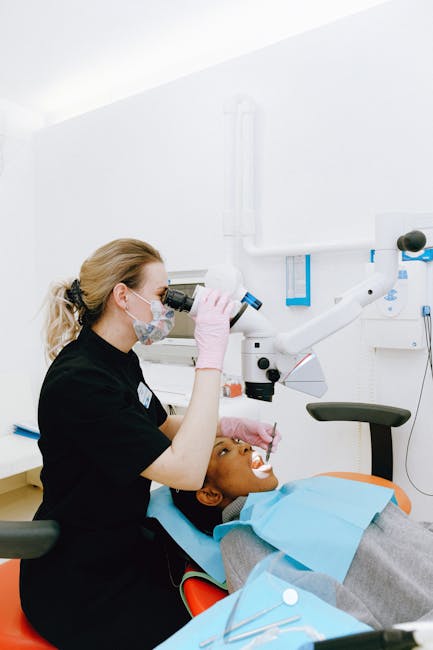Prostate Exam Procedure: A Comprehensive Guide for Men
Understanding the Prostate and Why Exams are Important
The prostate gland, a walnut-sized organ located below the bladder in men, plays a crucial role in reproduction. It produces fluid that nourishes and protects sperm. While typically harmless, the prostate can develop conditions like benign prostatic hyperplasia (BPH) and prostate cancer, making regular exams vital for early detection and treatment.
Prostate exams are an important part of preventative healthcare for men, particularly as they age. Early detection of prostate issues significantly improves treatment outcomes and overall prognosis. This comprehensive guide details the different types of prostate exams, what to expect, and why they are crucial for maintaining men’s health.
Types of Prostate Exams
There are two primary types of prostate exams used by healthcare professionals:
1. Digital Rectal Exam (DRE)
The digital rectal exam (DRE) is the most common type of prostate exam. It involves a doctor inserting a lubricated, gloved finger into the rectum to feel the prostate gland. The procedure is relatively quick and allows the doctor to assess the size, shape, and consistency of the prostate. Any irregularities, such as nodules or hardening, can indicate potential problems.
What to Expect During a DRE:
- The doctor will explain the procedure and answer any questions you may have.
- You will be asked to lie on your side or bend over.
- The doctor will insert a lubricated, gloved finger into your rectum.
- The exam itself only takes a few minutes.
- You may experience some mild discomfort, but it should not be painful.
Preparation for a DRE: No special preparation is generally required for a DRE. However, informing your doctor about any existing bowel conditions or concerns is advisable.
2. Prostate-Specific Antigen (PSA) Test
The PSA test is a blood test that measures the levels of prostate-specific antigen (PSA) in the blood. PSA is a protein produced by the prostate gland. Elevated PSA levels can indicate prostate cancer or other prostate conditions, such as BPH. However, it’s important to note that elevated PSA levels aren’t always indicative of cancer; other factors can also influence PSA levels.
What to Expect During a PSA Test:

- A simple blood sample is drawn from a vein in your arm.
- The process is quick and minimally invasive.
- Results typically take a few days to return.
Preparation for a PSA Test: No specific preparation is required for a PSA test. However, informing your doctor about any medications you are taking is important, as some medications might affect PSA levels.
When Should Men Get Prostate Exams?
The frequency of prostate exams depends on several factors, including age, family history, and risk factors. The American Cancer Society and other healthcare organizations recommend discussing the appropriate screening schedule with your doctor.

General Guidelines:
- Age 50 and Older: Most guidelines recommend starting regular prostate cancer screenings around age 50 for men at average risk.
- Age 45 and Older (African American Men or Family History): African American men and those with a family history of prostate cancer are at higher risk and may need to begin screenings earlier, around age 45.
- Age 40 and Older (High Risk): Men with a strong family history of prostate cancer or other significant risk factors might need to start even earlier, around age 40.
It’s crucial to remember that these are general guidelines. Your doctor can help determine the most appropriate screening schedule for you based on your individual risk factors and health history. Regular discussions with your doctor are vital to personalized healthcare planning.

Interpreting Results and Next Steps
If a DRE or PSA test reveals abnormalities, further investigations may be necessary. These may include additional blood tests, a prostate biopsy (a small tissue sample taken from the prostate), or imaging tests like an ultrasound or MRI. Your doctor will explain the results and recommend the best course of action based on your specific situation.
It is important to remember that an abnormal result does not automatically mean cancer. Many conditions can cause abnormal findings. A thorough evaluation by your doctor is essential to determine the underlying cause and develop an appropriate treatment plan.
Addressing Concerns and Discomfort
Many men feel apprehensive about undergoing a prostate exam, particularly the DRE. However, understanding the procedure and discussing any concerns with your doctor can significantly alleviate anxiety. The exam is relatively quick, and while some discomfort might be experienced, it’s usually minimal and temporary.
Open communication with your doctor is crucial. Don’t hesitate to ask questions about the procedure, potential risks, and the interpretation of results. A knowledgeable and compassionate doctor will address your concerns and make you feel comfortable during the process.
Maintaining Prostate Health
Beyond regular screenings, adopting a healthy lifestyle can contribute to prostate health. This includes:
- Maintaining a healthy weight: Obesity is linked to an increased risk of prostate cancer.
- Eating a balanced diet rich in fruits and vegetables: A healthy diet supports overall health, including prostate health.
- Regular exercise: Physical activity contributes to overall well-being and may reduce the risk of prostate issues.
- Limiting alcohol consumption: Excessive alcohol intake can negatively impact prostate health.
- Quitting smoking: Smoking is a significant risk factor for various health problems, including prostate cancer.
Conclusion
Prostate exams are an essential component of preventative healthcare for men. Regular screenings, coupled with a healthy lifestyle, can significantly improve the detection and management of prostate conditions. Understanding the procedure, addressing concerns, and maintaining open communication with your doctor are key to ensuring optimal prostate health.






